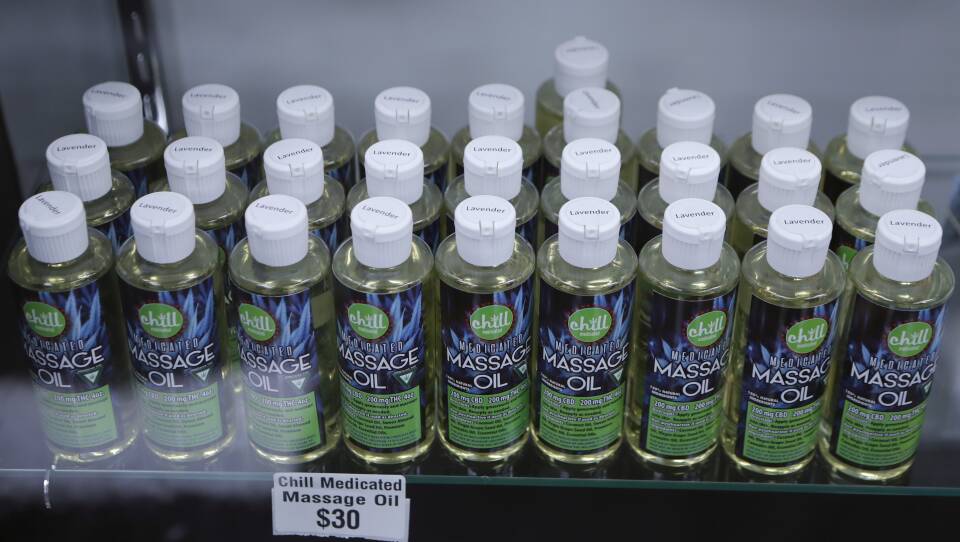Cannabadiol (CBD) — a minor constituent of marijuana and hemp — doesn’t get you high, but its advocates say it will cure almost any ailment. Biomedical researchers are investigating these claims, but they say there’s a lot we don’t yet know.
“There’s a lot of hype over CBD products that stems from the thought that it might be the next cure-all,” said Jenny Wilkerson , assistant professor in the college of pharmacy at University of Florida.
CBD oil is touted for relief of chronic pain, anxiety, inflammation, acne, high blood pressure, and more. But the only FDA-approved use of CBD is a drug called Epidiolex, used to treat certain types of childhood epilepsy that don’t respond to other drugs.
Wilkerson learned about the importance of CBD for epilepsy first-hand, she said, when a close friend's daughter died of intractable epilepsy.
“I was her neuroscience translator when she was going in and out of hospitals,” Wilkerson said. “I was the one who was telling her, ‘This is what this means, this is what this doesn’t mean. Here’s the crib notes as far as neuroscience, and what you need to know.’”
Her friend’s child had a type of epilepsy that doesn’t respond to CBD, but Wilkerson says that experience led her to wonder whether CBD might help treat pain and addiction. She is not the only one with those questions — there’s a lot of interest in CBD among biomedical researchers.
“There’s plenty of science that supports that CBD might have therapeutic indications,” Wilkerson said. “Obviously, for intractable pediatric epilepsy, CBD does have clinical validity. However, for all the other claims regarding CBD, we just don't quite know scientifically whether or not it's really going to hold water."
But doing research on CBD is not easy. Using CBD derived from marijuana requires a license from the Drug Enforcement Agency, which entails background and security checks, and added research and tracking protocols.
“It certainly limits the amount of CBD-related research in the U.S.,” Wilkerson said.
CBD derived from hemp is not regulated by the FDA, so it doesn’t require the permits and protocols. But because they aren’t FDA-regulated, hemp-derived CBD products vary widely in terms of how much CBD — and what other ingredients — they contain. That’s far from ideal for research purposes.
Wilkerson says this is also a major concern for consumers, who can’t know for sure what they are getting when they buy hemp-derived CBD products. She is sensitive to those who have found relief from CBD products but advises caution and urges all CBD users to talk with their doctors to avoid potentially harmful drug interactions.





